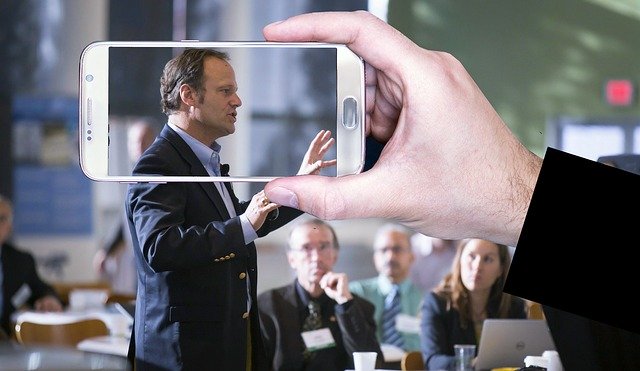
Whether you want video surveillance and audio recording systems in your home or business, you need to understand the legal regulations in the state you live in. Violating these laws may be constituted as a felony and you could be subject to both fines and imprisonment. Therefore, Surveillance Secure wanted to discuss some of the state of Virginia’s surveillance laws for our clients (updated in 2024).
Virginia Wiretapping Law
Most people remember when it was illegal to record audio for just about any reason if someone didn’t know they were being recorded. However, Virginia is now one of 35 states that are considered one-party consent. That means only one party in a conversation needs to consent in order for a recording to be legal. Therefore, you can literally record every conversation that you have with everyone without telling them, and you are not breaking any laws.
The law also includes a clause for conversations wherein a person should not expect the communication to be kept private. For example, if a couple are walking down the street and talking to each other, there is no expectation of privacy since any person nearby could be listening to the conversation. The same holds true for conversations held in public places like restaurants or stores. This makes it okay for surveillance systems to record in such a place.
On the other hand, if there is a valid reason for a person to anticipate that their conversation would be kept private, then you need to follow the one-party consent rule. You can record a conversation between yourself and your boss with your own consent, but you can’t record a conversation between your boss and another employee if neither of them knows about it and agree to it beforehand.
Intent Matters When It Comes to Video and Audio Surveillance
People expect a reasonable degree of privacy when they come to your home. So does that make it wrong to have video cameras with audio recording in your house? A lot of it comes back to intent. If you have video surveillance to protect your property from theft or even to watch your kids with their nanny to make sure everyone is safe, there is likely nothing wrong. However, if you are spying on the nanny to acquire video you can blackmail her with, that’s no longer legal.
Commercial and Residential Surveillance in Virginia
You probably realize we’ve only been able to touch on a fraction of laws regarding this topic, and we’re only discussing one state. The smart thing to do is to hire a company like Surveillance Secure to set up your system. We’ve been in business in Virginia since 2006, and we keep up with all of the applicable laws in our industry so that clients can rest assured your security system is legal.
Updates for 2024
Virginia remains a one-party consent state for audio recording in 2024; however, you cannot use the recording as evidence in a court of law if all parties did not know the recording was taking place. You also cannot record both video and audio of a person without that person’s consent. Video surveillance remains legal so long as it is with the intent of securing your property.
Additional Resources Regarding Virginia Surveillance Video and Audio Recording Legal Regulations:
- Recording Phone Calls and Conversations. https://www.justia.com/50-state-surveys/recording-phone-calls-and-conversations/
- Virginia Recording Law. http://www.dmlp.org/legal-guide/virginia-recording-law

 Virginia DCJS Private Security Services ID #11-6085
Virginia DCJS Private Security Services ID #11-6085